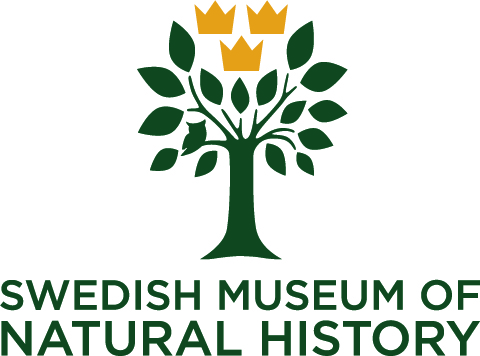Paleontology Collections, Swedish Museum of Natural History (NRM)
Swedish Museum of Natural History
Description
This dataset represents the physical and digital holdings of fossil plants and animals at the Swedish Museum of Natural History.
The plants collections include more than 300,000 items, including over 1,000 type specimens. The Chinese Carboniferous-Permian floras are rich in horseradish (sphenopsids) and ferns including material published in 1927 in the monograph "Paleozoic Plants from Central Shansi" by Thore Halle. These collections also include relatives of ginkgos, conifers as well as early gymnosperms, such as Tingiales and Noeggerathiales, and seed ferns belonging to the orders Medullosales and Gigantopteridales. Polar regions are well-represented including 25,000 fossils from Spitsbergen, Greenland, Iceland and Björnön covering the time interval from 400 million years ago during the Devonian period to the modern floras of the Oligocene. The museum has a growing collection of fossil plants from Australia due to ongoing active research and collection from this region. The Permian Australian floras are dominated by glossopterids with collections from the Sydney and Bowen basins including three-dimensionally preserved silicified floras from Homevale in Queensland.
The animal collection includes more than one million items, including many type specimens. The main part of the collection consists of material from Sweden, mainly invertebrates from the lower Palaeozoic (Cambrian, Ordovician, Silurian), including extensive collections from the Silurian of Gotland. The collection also includes rich faunas, both invertebrates and vertebrates, from the Mesozoic of Scania. The non-Scandinavian invertebrate material also includes particularly important collections of microfossils from the early Cambrian, fossil seep faunas and material from the Arctic and Antarctic regions. The vertebrate collections include one of the world’s richest collections of Devonian fish, with a focus on Spitzbergen, Greenland, and Germany. There are also important holdings of South American Pleistocene mammals.
Taxonomic range
Kingdoms covered include: Animalia and Plantae.
Number of specimens in the collection
Click the Records & Statistics tab to access those database records that are available through the atlas.
Metadata last updated on 2025-01-10 14:44:57.0
Digitised records available through the Atlas
Looking up... the number of records that
can be accessed through the Swedish Biodiversity Data Infrastructure
Click to view all records for the Paleontology Collections, Swedish Museum of Natural History (NRM)
No records are available for viewing in the SBDI.


